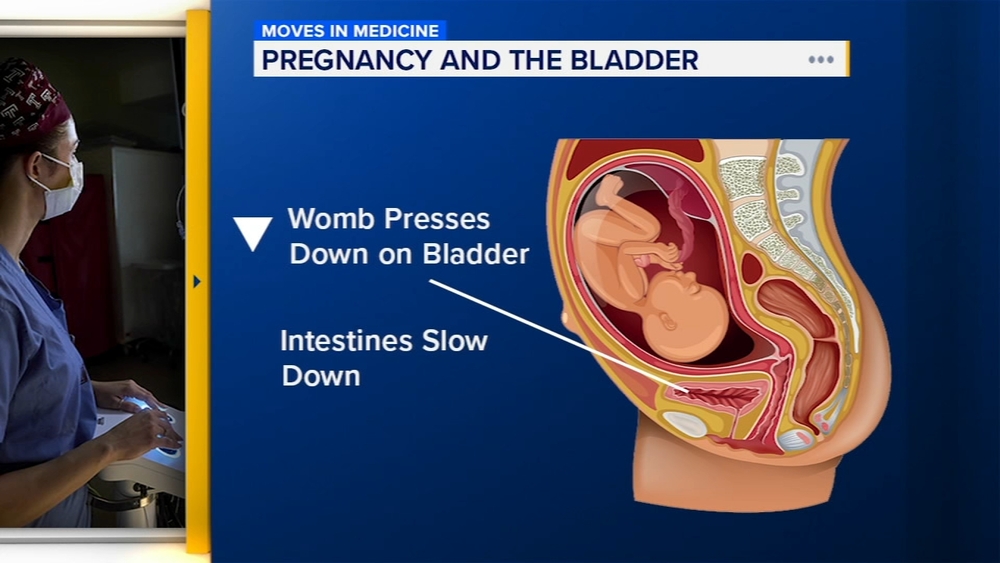Extra heartbeats are often benign, but can signal heart problem

WARMINSTER, Pennsylvania (WPVI) -- You've probably never heard of PVCs, but chances are you've had them if you felt your heart skip a beat. Cardiac PVCs might be benign, but can sometimes pose a problem.
Matthew Hunter of Warminster, Bucks County always lived healthy, trying to stay ahead of his genetics.
"My dad has congestive heart failure and my grandfather before him," Matthew explains.
By age 39, he had it too. On a routine check-up, something else turned up.
"They noticed on my EKG readings that there was an extra couple beats," he says.
Those were PVCs - Premature Ventricular Contractions.
Dr Edmond Cronin, a Temple Health electrophysiologist, says heart beats normally begin in the upper chambers of the heart.
"But sometimes, extra beats come in from the bottom chambers that kind of interrupt the normal flow of how the heart should beat," says Dr. Cronin.
The heart hasn't had a chance to fill with blood, so that beat is weak. When the next normal beat comes, the heart is very full.
"It creates a very forceful beat," he says, adding, "People feel like that, like a thump in the chest, which is uncomfortable."
However, Dr. Cronin says some people never feel anything.
"We all have some PVCs. We, you know, most people will have five or ten PVCs per day."
Caffeine or alcohol, stress, and certain medications can trigger them or increase the number. Dr Cronin says most, but not all, PVCs are harmless.
"Frequent PVCs do actually sometimes point out patients who are at risk of developing heart failure," he explains.
For Matthew, the extra beats made it hard to keep fit.
"I felt the palpitations, I felt the fatigue, I felt the breathlessness," he says, making it hard to exercise at all.
Matthew had one ablation, where malfunctioning clusters of heart cells are burned out and it seemed to work for a while.
When the PVCs returned, Matthew had an ablation with Dr. Cronin, and that seems to have quieted the PVCs.
Now he's feeling normal and exercising again.
"I'm running a 5K in less than 30 minutes, which is something I haven't done in almost 3 years," he says with relief.
Dr. Cronin says PVCs shouldn't be ignored, even if they're not causing significant symptoms. Testing is simple and non-invasive and can provide some peace of mind.






